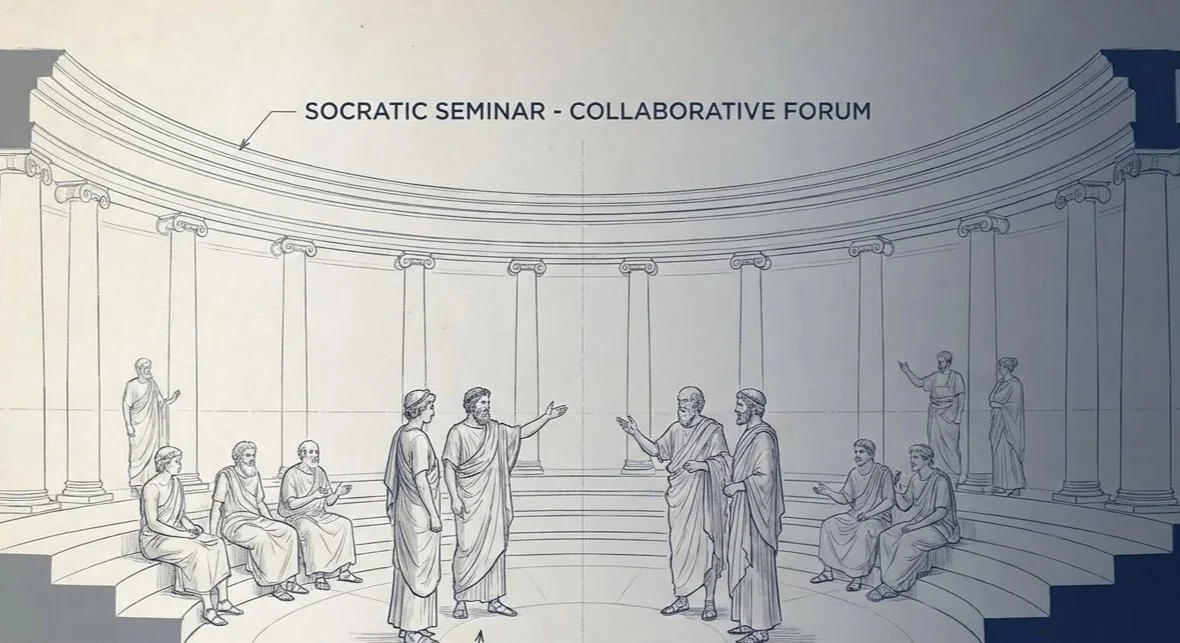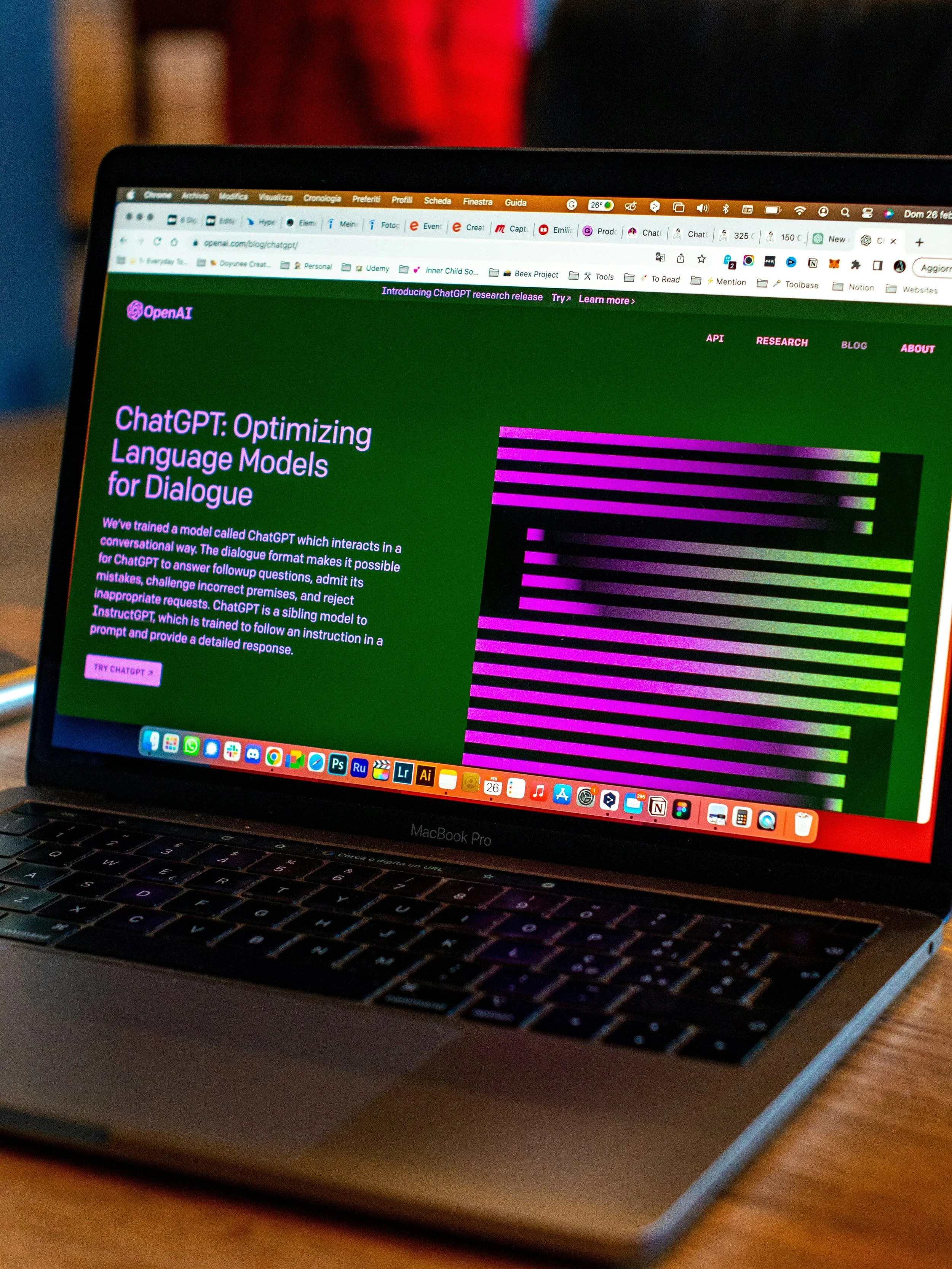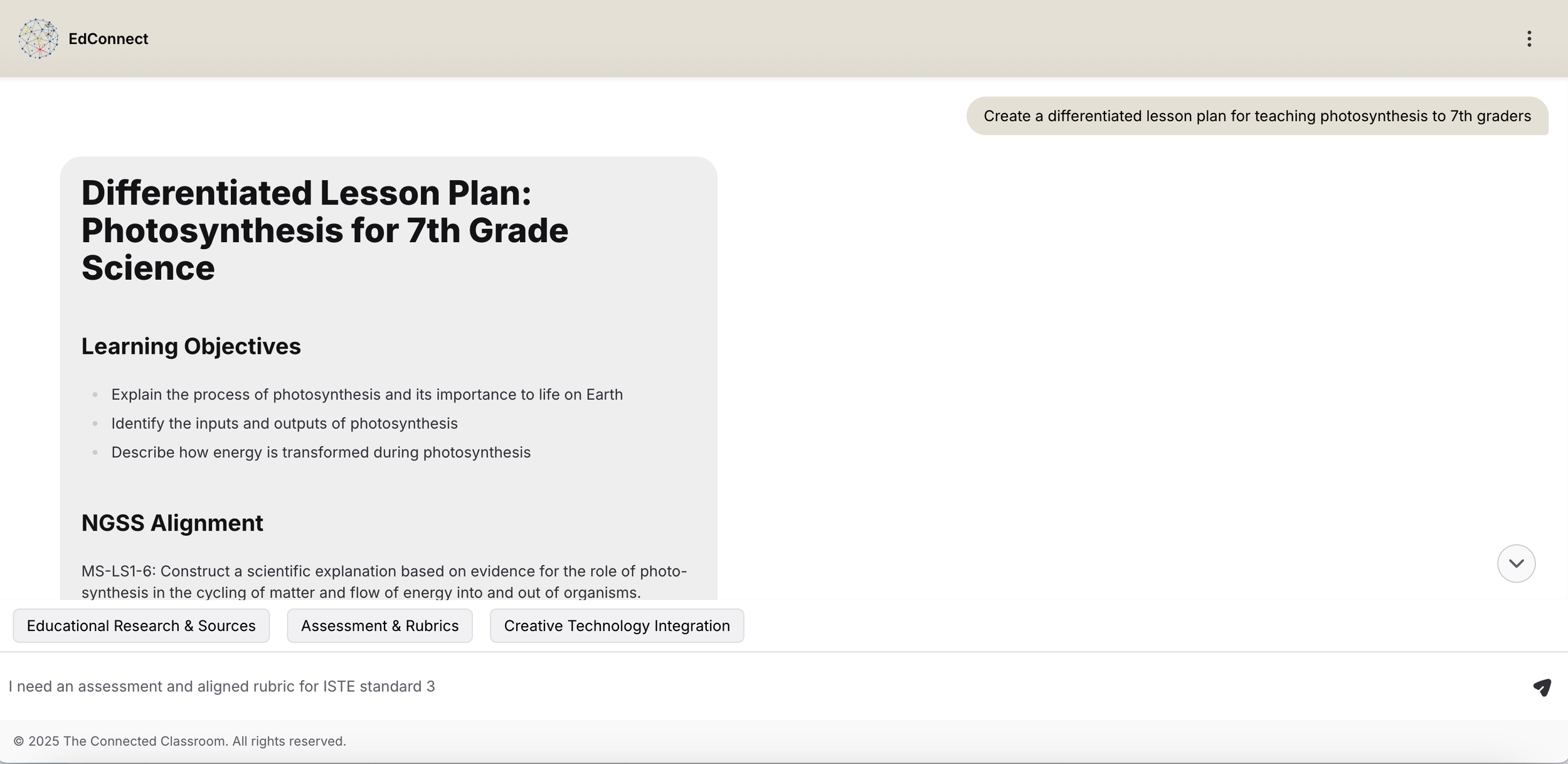
Perspectives on Learning: The Hub for Thinking
We feature analysis from thought leaders, researchers, and practicing educators who are committed to defining the future of human-centered learning. We publish voices that challenge the status quo and offer frameworks for preserving what makes education distinctly human.

How Socratic Dialogue Can Restore Critical Thinking
Students increasingly delegate high-level thinking to AI while doing only basic tasks. This "inverted learning" weakens critical cognitive muscles. Teachers can reframe AI as a dialogue partner, not a thinker.

Empty Echos: When AI "Experts" Won't Climb Their Own Wall
"Empty Echos" critiques AI discourse in education, where experts preach theory but avoid practice, just like a climbing instructor who never climbs. Spotting hollow AI-generated advice is easy: vague language, false balance, and no real-world examples. True innovation requires risk, transparency, and actionable steps, not just polished platitudes. Will you climb the wall or just talk about it?

How Algorithms Are Rewiring Our Brains
Algorithms amplify biases, erode critical thinking, and train us to think like AI. Studies show declining decision-making skills and increased laziness with overuse. Protect human cognition by practicing AI literacy and preserving creative, ethical reasoning.


Reclaiming Instructional Time and Prioritizing Authentic Learning
Educational technology often increases administrative burden rather than reducing it. This piece examines how schools can reclaim instructional time through streamlined technology ecosystems, human-centered design, and targeted professional development. The goal: redirecting teachers' time from documentation to creating authentic learning experiences that develop critical thinkers and problem-solvers.

The Student Growth Portfolio
A student growth portfolio redefines educational success by capturing a child’s evolving capabilities, dispositions, and potential across multiple dimensions. This approach applies investment principles to education, emphasizing long-term development, diversified learning pathways, and risk-taking within supportive environments.

Breaking the Jevons Paradox and Creating Time for What Matters
The article examines how educational technology often creates more work rather than reducing it (the Jevons Paradox), and presents Connected Classroom as an alternative approach that uses technology to create space for deeper learning and meaningful human connections rather than accelerating the educational treadmill.

Optimizing AI for Educational Excellence
While general AI tools offer convenience, specialized educational AI provides the precision, research foundation, and pedagogical expertise educators need. As Reich (2023) notes, "The most valuable AI tools for education will be those designed specifically to support evidence-based teaching and learning practices". EdConnect is this tool.
